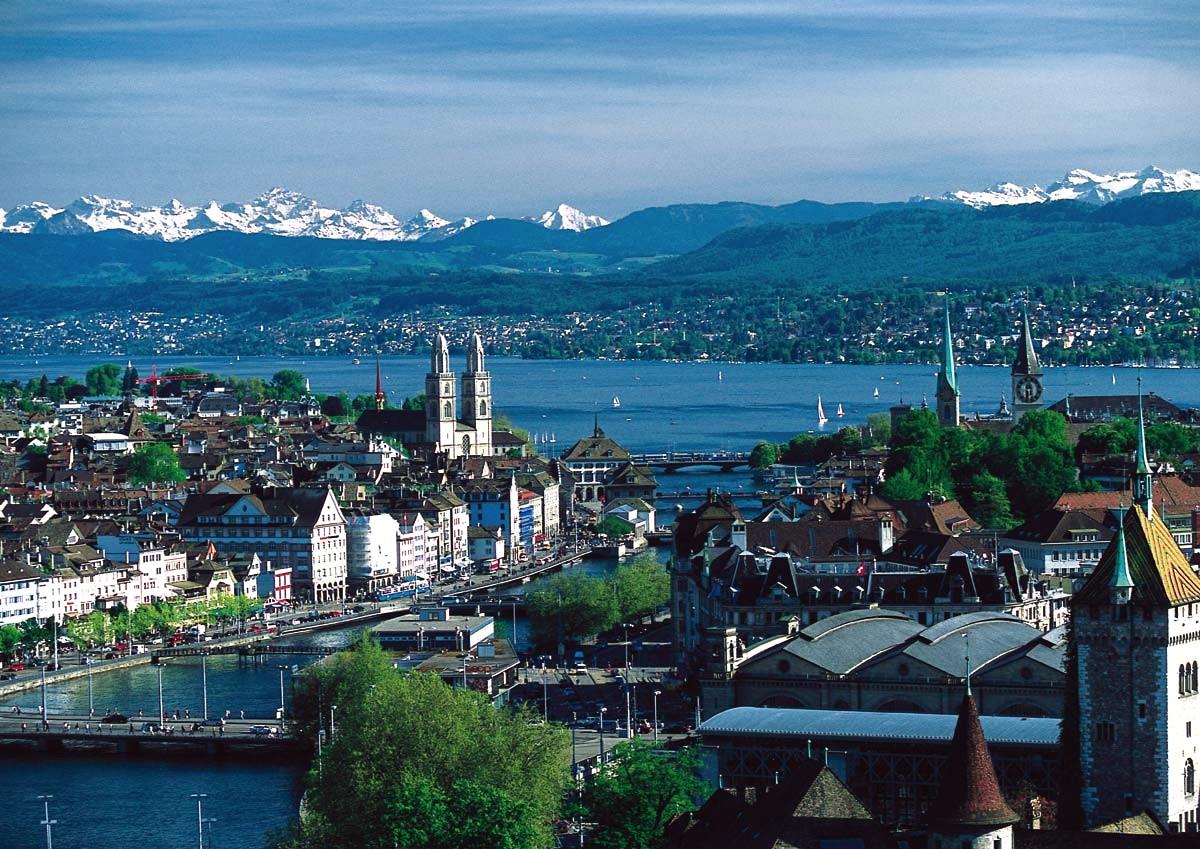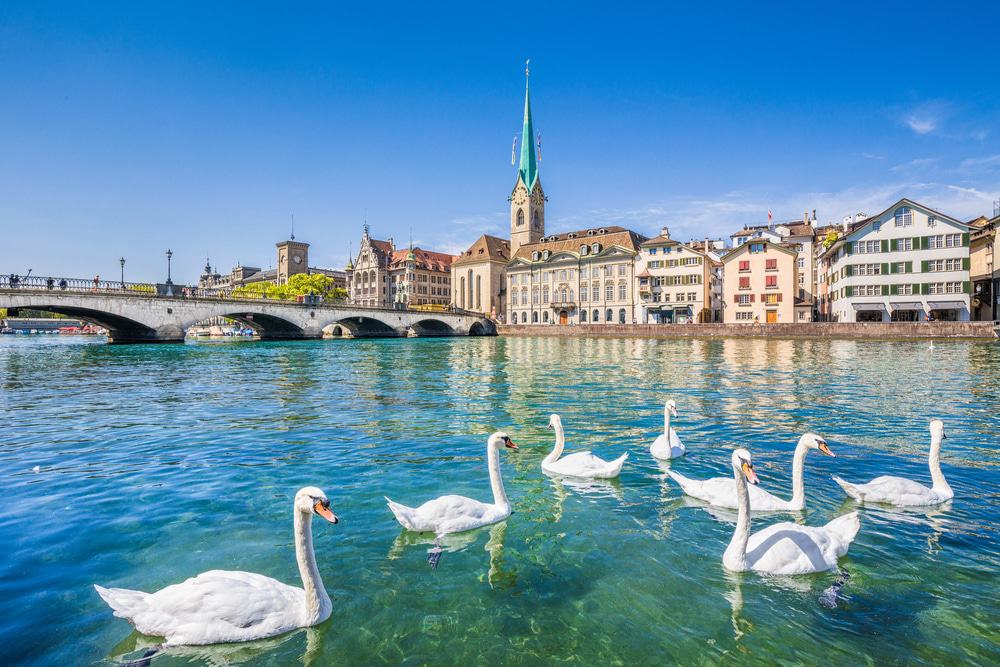Venue & Hospitality
City Highlights
About City
Switzerland has existed as a state in its present form since the adoption of the Swiss Federal Constitution in 1848. The precursors of Switzerland established a protective alliance at the end of the 13th century (1291), forming a loose confederation of states which persisted for centuries.Many international institutions have their seats in Switzerland, in part because of its policy of neutrality. Geneva is the birthplace of the Red Cross and Red Crescent Movement, the Geneva Conventions and, since 2006, hosts the United Nations Human Rights Council. Even though Switzerland is one of the most recent countries to have joined the United Nations, the Palace of Nations in Geneva is the second biggest centre for the United Nations after New York, and Switzerland was a founding member and home to the League of Nations.Apart from the United Nations headquarters, the Swiss Confederation is host to many UN agencies, like the World Health Organization (WHO), the International Labour Organization (ILO), the International Telecommunication Union , the United Nations High Commissioner for Refugees (UNHCR) and about 200 other international organisations, including the World Trade Organization and the World Intellectual Property Organization.The annual meetings of the World Economic Forum in Davos bring together top international business and political leaders from Switzerland and foreign countries to discuss important issues facing the world, including health and the environment. Additionally the headquarters of the Bank for International Settlements (BIS) are located in Basel since 1930.
Venue




